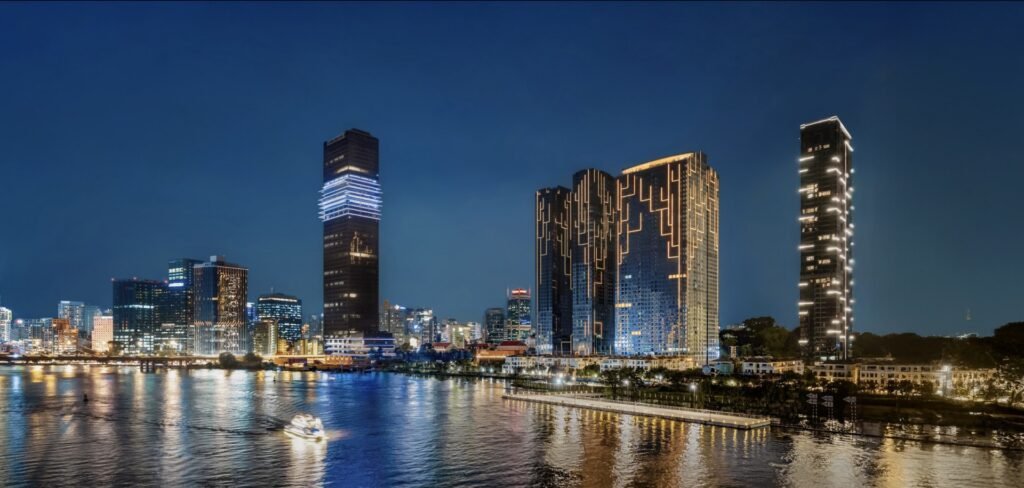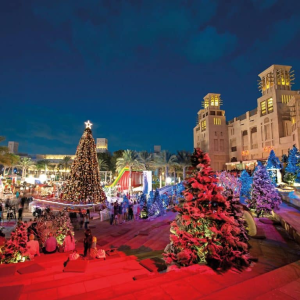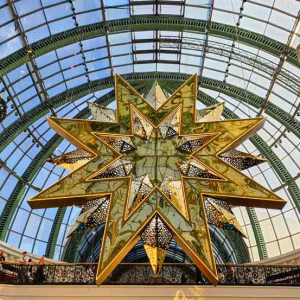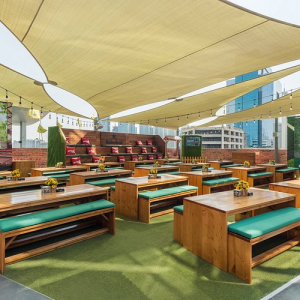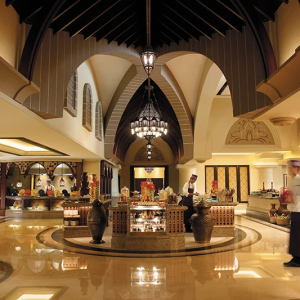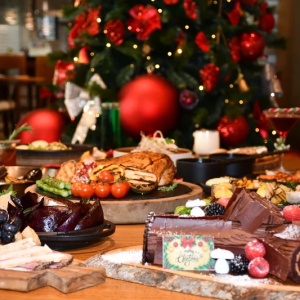The UAE has become one of the world’s most attractive markets for luxury real estate investment. From Dubai’s glittering skyline to Abu Dhabi’s waterfront villas, the country has built a global brand in high-end property. Now, Vietnam, an emerging economy in Asia, is looking to learn from the UAE’s successful model.
This article explores the key lessons Vietnam can draw from the UAE to drive growth and attract more investment in its luxury property sector.
Understanding the UAE’s Real Estate Boom
The UAE’s real estate success story didn’t happen overnight. It is the result of strong leadership, bold vision, and well-executed strategies.

Here’s how the UAE built its real estate empire:
- Government Support: Major real estate projects in Dubai and Abu Dhabi received consistent backing from the government.
- Infrastructure Investment: Roads, airports, ports, and public services were developed alongside property projects.
- Foreign Ownership Laws: Allowing foreigners to buy property in freehold zones opened the floodgates to global investment.
- Luxury Branding: Dubai marketed itself as a global lifestyle destination with luxury living, shopping, and leisure.
Why Vietnam Is Ripe for Growth
Vietnam economy is growing fast. With a rising middle class, booming tourism, and increasing foreign interest, the country is well-positioned to tap into the luxury real estate investment wave.

Cities like Ho Chi Minh City, Hanoi, and Da Nang are seeing more high-end developments. But Vietnam still lacks the global reputation and infrastructure that have made Dubai and Abu Dhabi magnets for international buyers.
That’s where lessons from the UAE can help.
Lesson 1: Build With a Vision
The UAE didn’t just build towers — it built a vision. From the beginning, Dubai positioned itself as a hub for global luxury and business.
Vietnam can do the same by clearly defining what each city offers investors. For example:
- Ho Chi Minh City: A modern urban lifestyle.
- Da Nang: A coastal luxury escape.
- Hanoi: A blend of tradition and premium living.
By focusing on a clear vision for each destination, Vietnam can attract different types of investors.
Lesson 2: Invest in Infrastructure
You can’t have luxury without convenience. Dubai’s property success is tied to its massive investment in roads, airports, metro systems, and world-class amenities.
Vietnam is making progress, but more is needed. Airports, highways, public transport, and digital connectivity must be improved to match luxury buyers’ expectations.
When infrastructure matches property quality, international investors are more confident to enter the market.

Lesson 3: Make Rules Investor-Friendly
One of the UAE’s biggest moves was opening up real estate to foreign buyers. This made global investors feel welcome and safe.
Vietnam has made steps in this direction, allowing foreign buyers to own up to 30% of a condominium project. However, some legal and administrative hurdles still exist.
Streamlining ownership processes and improving transparency can go a long way in attracting international buyers.
Lesson 4: Focus on Global Branding
Dubai is now a global name. It’s not just the buildings — it’s the lifestyle brand. Vietnam must market itself internationally as a destination for premium living.
How?
- Participate in international real estate expos.
- Highlight lifestyle experiences like food, culture, and natural beauty.
- Collaborate with influencers and global real estate agencies.
Branding isn’t just advertising. It’s creating a story investors want to be part of.
Lesson 5: Blend Local Charm with Global Standards
One of Dubai’s successes is combining international luxury with local design and culture. Vietnam has a rich heritage that can be part of the appeal.
Projects that blend modern architecture with Vietnamese style — such as traditional motifs, green spaces, and natural materials — can stand out in a crowded market.
Investors want something different. Vietnam can offer a unique identity.
How Developers Can Lead the Change
Vietnamese developers need to take cues from UAE counterparts:
- Partner with global architects and brands.
- Focus on sustainable design and green building.
- Offer high-end amenities like concierge services, spas, smart homes, and exclusive clubs.
Buyers are no longer looking for just homes — they want experiences.
Government and Private Sector Must Work Together
A big reason behind the UAE’s success is public-private collaboration. Mega projects like Downtown Dubai, Yas Island, and Saadiyat Island were born from joint efforts.
In Vietnam, the government can:
- Provide tax benefits or incentives for luxury developments.
- Create economic zones with relaxed rules for foreign buyers.
- Invest in tourism and urban development that supports real estate growth.
Vietnam’s Opportunity Window Is Now
The global luxury real estate market is expected to grow significantly over the next decade, especially in Asia.
Vietnam is well-positioned to take advantage of:
- Rising tourism.
- Wealthy expats returning home.
- Foreign investors looking for stable, emerging markets.
But timing is key. Acting now, with a clear strategy inspired by the UAE, can put Vietnam on the global real estate map.
Conclusion: A Real Estate Partnership for the Future

The UAE luxury real estate investment story offers more than inspiration — it offers a roadmap.
Vietnam doesn’t need to copy Dubai, but it can adapt its strategies:
- Create investor confidence.
- Build with purpose and beauty.
- Market globally while staying true to local roots.
If the lessons are learned and applied, Vietnam could become the next big destination for global luxury real estate investment.
Read More: UAE Blue Residency Visa Gets Boost with 180-Day Entry Pass

